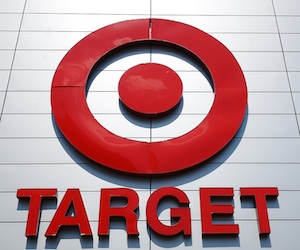U.S. retail giant Target has entered a settlement with the Attorneys General of 47 states and it has agreed to pay $18.5 million over the massive data breach suffered by the company in 2013.
The total amount will be divided among the Attorneys General, with Illinois and Connecticut, which led the investigation, in charge of determining how much should be paid to each state. Illinois will receive $1.2 million, Connecticut just over $1 million, and the New York Attorney General reported that his state will receive more than $635,000 from the settlement.
The money can be used by states for various purposes, including to cover attorney fees and investigation costs, or it can be placed in the consumer protection enforcement fund.
As part of the settlement, the retailer has also agreed to implement an information security program. Target has promised to take both administrative and technical measures to ensure that its systems and customer data are secured properly.
The technical measures include network segmentation, access control and management, file integrity monitoring, whitelisting, logging, change control, and the adoption of payment card security technologies. The company is also required to hire a third-party to conduct a cyber security assessment.
Since cybercriminals gained access to its systems via an HVAC contractor, Target has promised to audit vendors to ensure that they comply with its information security program.
Roughly 40 million payment cards were compromised in the 2013 data breach, and tens of millions of consumers had their personal data stolen. Following the incident, the company promised to invest $100 million to accelerate migration to EMV cards.
Target reported last year that the breach had cost it $290 million. That included $67 million paid to Visa card issuers, over $20 million to banks and credit unions, roughly $19 million to MasterCard card issuers, and $10 million to affected consumers.
Target’s settlement with states comes just weeks after Home Depot agreed to pay $25 million to the financial institutions affected by a data breach suffered by the retailer in 2014, when cybercriminals managed to steal email addresses and payment card data belonging to more than 50 million customers.
Related Reading: U.S. Authorities Reach Settlement With Adobe Over 2013 Breach
Related Reading: Western Union Pays $586 Million to Settle Fraud Charges













